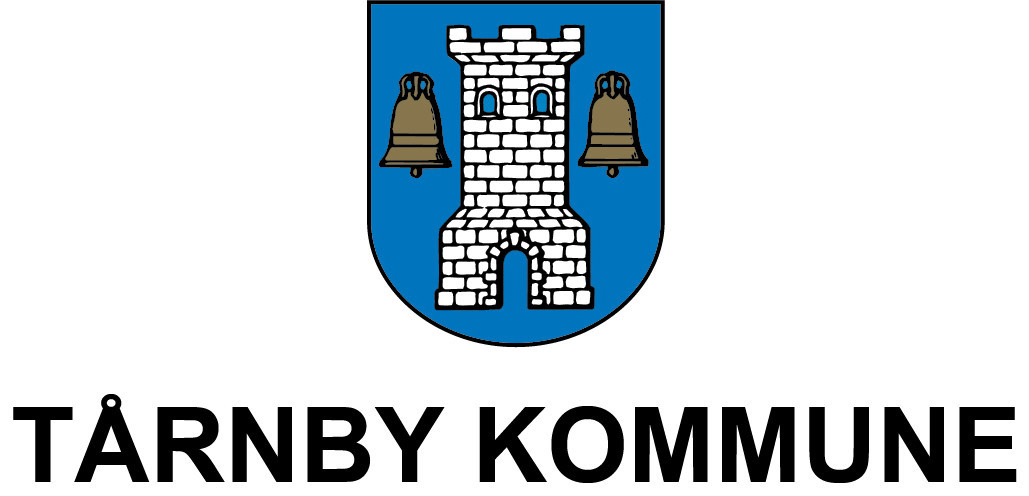The Swedish tax system - a brief introduction
This information is for EU/EEA citizens only
Tax for commuters - SINK
If you are commuting daily between your residence in Denmark and your place of work in Sweden, you usually have limited tax liability in Sweden. You should apply to pay SINK tax (special income tax for non-residents) - a special gross income tax of 25 percent. On the other hand, you do not have deduction options. You must apply for SINK taxation every year before the end of the year.
Standard Income Tax in Sweden
If you live in Sweden or stay regularly you have unlimited tax liability. You count as staying regularly if you are in Sweden six consecutive months or more - short term departures from Sweden do not interrupt your stay. When you have unlimited tax liability in Sweden, your salary and other income of service shall be taxed according to ordinary income tax, A-tax, and you are required to file an income tax return every year, stating all your income.
Your tax rate will be determined according to your income level. You will pay average municipal tax and national tax if your income is higher. You are required to file a tax return every year, and you are entitled to deductions.
As a daily commuter, or if your stay in Sweden is less than six months, you can choose to be taxed according to standard income tax regulations rather than SINK tax. You are then entitled to deductions such as travel to and from work.
If a minimum of 90 percent of your overall earned income during the year originates from Sweden, you are also entitled to personal deductions, such as standard tax allowance and earned income tax credit.
You should be aware that the Danish tax rules can also affect your deductions. For example, you are only allowed deductions for paid interests if you were not able to deduct them in the Danish taxation.
To choose taxation in accordance with standard tax regulations, use the same e-service as when you apply for SINK – You can choose to pay A-tax by stating it when answering the question in the form about how you would like to be taxed.
Read more about declaring taxes on Skatteverket's website
Read more about SINK - Special income tax for foreign residents on Skatteverket's website
Tax when working from home
As a main rule, salary is taxed in the country where you performed the work. If you work in Sweden for a Swedish private company, or for a foreign company´s Swedish branch, the Oresund treaty can be applicable. Your salary is still taxed in Sweden - even if you occasionally work from your home in Denmark or on temporary business trips in Sweden or other countries. However, it is a prerequisite that the working days in Sweden make up at least 50 percent of the total number of working days during each three month period, and that all the work is performed for the same Swedish employer.
If you are employed by a Swedish public institution, the Øresund treaty is not applicable. In most cases, you will be taxed in Sweden for the working days in Sweden, and in Denmark for the working days in Denmark.
Read more about tax when working remotely
Taxation of a Swedish company car
If you commute and pay SINK tax, you pay 25 percent tax on the value of the benefit of having access to a Danish or Swedish company car. On the other hand, if you pay ordinary Swedish tax, you pay tax on your company car at the tax rate your other income is taxed at.










